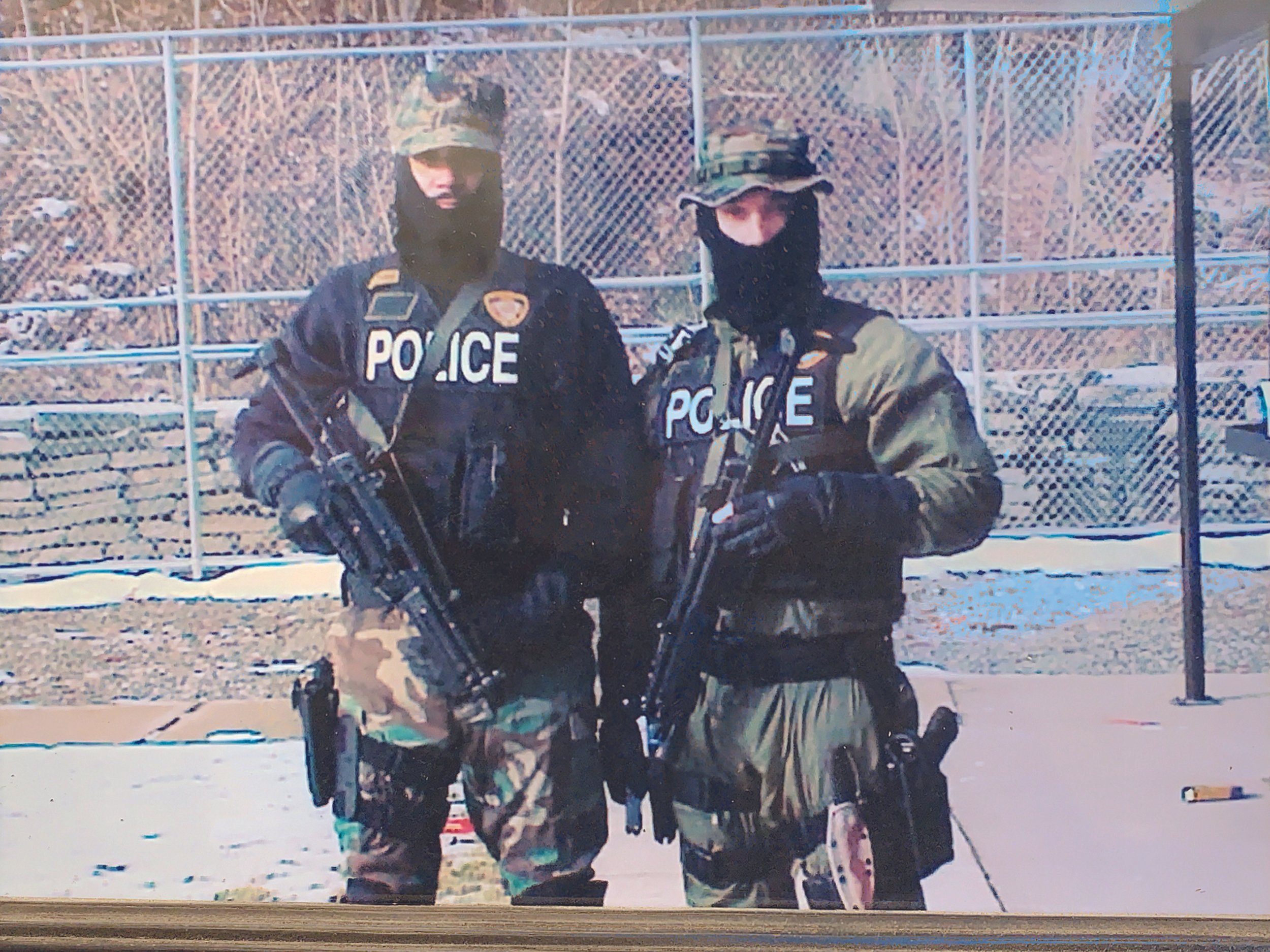The History and Evolution of SWAT
/The History and Evolution of SWAT
By Tony Ureña
Special Weapons and Tactics, SWAT as it’s commonly referred to, is an integral part of the law enforcement community. It is a unique unit of trained officers responsible for specialized and dangerous assignments.
Born in the 1960’s, SWAT was first implemented by the Philadelphia Police Department in response to riot control and violent confrontations. The next police department to adopt the unit was the Los Angeles Police Department. Most people attribute the birth to the LAPD as they popularized it in the media. Think SWAT television shows in the 70’s, as well as recent shows and movies.
LAPD wanted to use the moniker Special Weapons Attack Teams but decided to go with the more professional term of Special Weapons and Tactics. I guess for politically correctness, even back then? It has now become a standard term across the nation.
Law enforcement in the 1970’s found themselves outgunned by criminals who had more advanced weaponry than the police. At the time the unit was primarily manned by Vietnam veterans who had experience with armed conflicts. They were also outfitted with M16’s and a variety of more advanced weapons of the times. The name says it all, “Special Weapons,” officers as there was a need for proper use of more advanced weaponry to deal with the myriad of armed suspects. “Tactics,” is where more advanced training paired with the weapon gave more of an advantage to the officer in an armed conflict. A common tactical concept is “surprise, speed and violence of action.” This allows for an overwhelming, surprising the suspect toward a successful conclusion. What gets lost by the public though, is that this is about saving lives, not taking them. Proper utilization of the tactics and equipment have a greater chance of success without anyone getting hurt. Unfortunately, we see that this isn’t always the case due to the poor choices and actions of the suspect(s).
As we progress, more and more police departments have adopted this model or a variation thereof. For example, NYPD calls their specialized unit the Emergency Services Unit. As they do more than just SWAT-like assignments. For example, they also specialize in search and rescue.
Several things have occurred that made SWAT the premier units you see today. One, was experience. As more SWAT call outs occurred, they adapted and learned from the scenarios and learned from their mistakes. Unfortunately, sometimes at the expense of officers getting hurt and/or killed. Two, there has been great sharing of knowledge from law enforcement to military and vice versa. Since we’ve been through wars some of the tactics that the military learned have been brought home, taught, and implemented by SWAT units.One incident dramatically changed policing… Columbine. Up until then if there was an active shooter, responding officers did not engage and waited for the SWAT Team to show up. Tragically we learned that this procedure did not work. Now you are seeing patrol officers learn SWAT like tactics as well to engage in active shooter incidents. Depending on agency staffing, budgets, and even politics a team may be part time or full time members of a SWAT unit.
What does it take to become SWAT? . Every agency is different, but for the most part at least a few years on the department before applying and a desire to want the assignment. Then there’s a selection process which may include, but is not limited to, written test, physical test, demonstrate firearm proficiency, background investigation, and oral interview. From there may be a probationary period before becoming a fully fledged member of the SWAT Team.
SWAT Teams have become synonymous with some of the “best of the best” in law enforcement. They are a unique and elite group of individuals in law enforcement who go through rigorous training to become able to do what they do. With due respect to all of our law enforcement brethren, here’s a common saying amongst those on the specialized teams “You’re either SWAT or you’re not!”
Tony Urena is a United States Navy Veteran as well as a Veteran Law Enforcement Officer with over 25 years of experience. He was part of the SWAT Team reaching the level of Assistant Team Leader as well as Sniper Team Leader before retirement. Also a high level martial artist, with well over 30 years of training experience he was a NJ certified Defensive Tactics Instructor. Tony is now the Director of Training for Gun For Hire, Woodland Park Range, located in Woodland Park, NJ.











